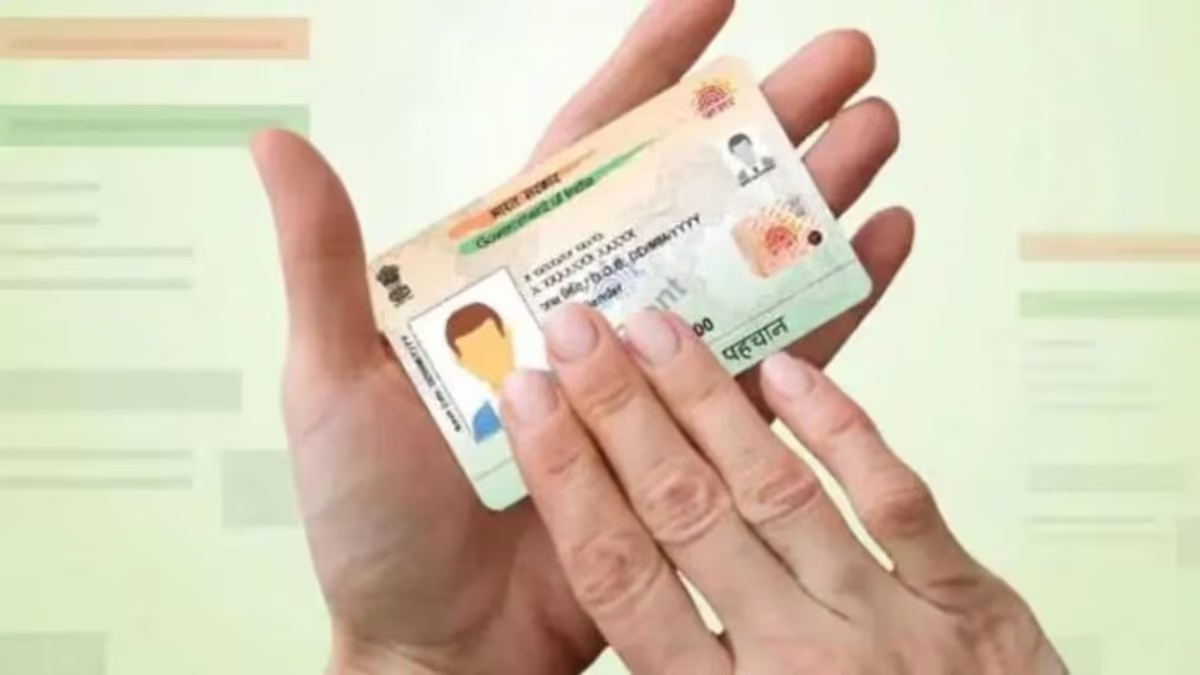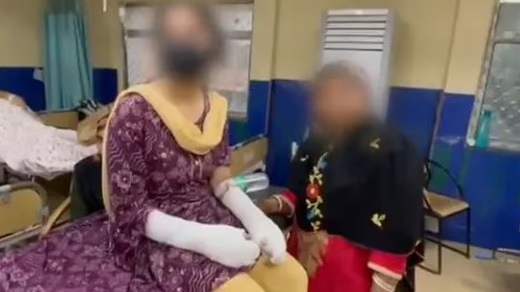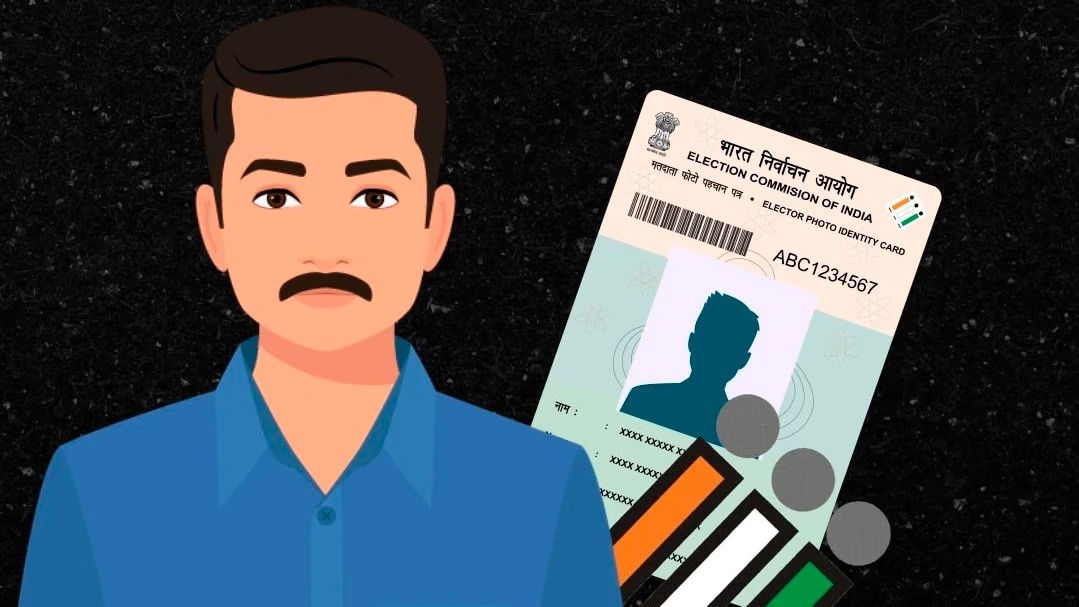Chief Election Commissioner Gyanesh Kumar addressed a press conference in New Delhi today, announcing that the second phase of the Special Intensive Revision (SIR) is set to commence in 12 states and union territories. This significant announcement comes ahead of major assembly elections in states such as Tamil Nadu, West Bengal, Kerala, Assam, and Puducherry, illuminating the electoral future.
Which States Will Undergo the SIR Process?
The Special Intensive Revision will take place in 12 states and union territories, including the Andaman and Nicobar Islands, Chhattisgarh, Goa, Gujarat, Kerala, Lakshadweep, Madhya Pradesh, Puducherry, Rajasthan, Tamil Nadu, Uttar Pradesh, and West Bengal.
The process began on July 1, with the Election Commission planning to release the final list on September 30 after settling all claims and objections. Emphasizing transparency, this list has been launched with precision. The voter lists in these states underwent their last significant revision between 2002 and 2008.
Who Doesn’t Need to Submit Documents?
Initially, Booth Level Officers (BLOs) will visit each voter's home with a unique Enumeration Form containing all necessary details. If a voter's name appears on the 2003 list or if their parents' names are included, they are exempt from providing additional documents.
According to the Chief Election Commissioner, individuals already listed in the voter register need not submit new documents, which means those named previously or currently are automatically considered eligible.
Who Needs to Submit Documents?
Not every citizen must submit documentation for SIR. According to the Election Commission's guidelines, only those whose names are not yet on the voter list will need to provide documents. This will be required of individuals not verifiable by the BLO.
What Documents Are Required?
To validate citizenship for SIR, potential voters need to submit certificates such as a birth certificate, school leaving certificate, or proof of their parents' names on the 2002 voter list. Required documents include proof of identity, address, and citizenship. Let us guide you through which documents you'll need to submit during the SIR process.
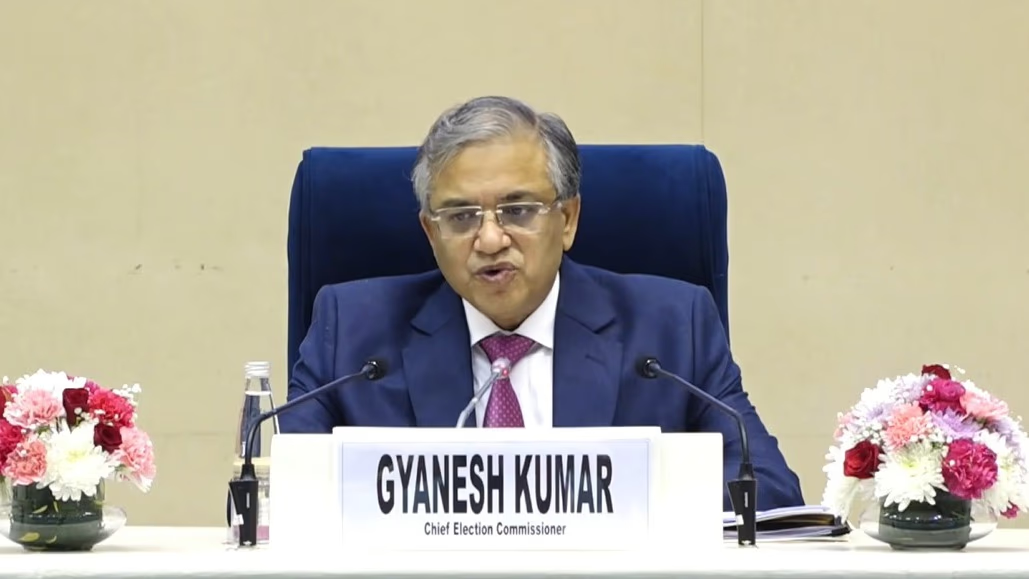
Source: aajtak
The Required Documents Include:
1- Identity card or pension order issued to regular members or retirees of the central government, state government, or a public sector.
2- A government-issued identity card or certificate, released by Indian government or local bodies, banks, post offices, LIC, or public sector enterprises on or before July 1, 1987.
3- Born certificate released by a competent authority.
4- Passport.
5- Matriculation or educational certificate from a recognized board or university.
6- Permanent residence certificate issued by a state authority.
7- Forest Rights Certificate.
8- Caste certificate (OBC/SC/ST or other) from a competent authority.
9- National Register of Citizens (NRC) — applicable where in force.
10- Family register prepared by state or local authorities.
11- Land or housing allocation certificate issued by the government.
12- Aadhaar-related guidelines will be tailored according to Election Commission's letter no. 23/2025-ERS/Vol.II dated 09.09.2025.
What Needs to Be Done?
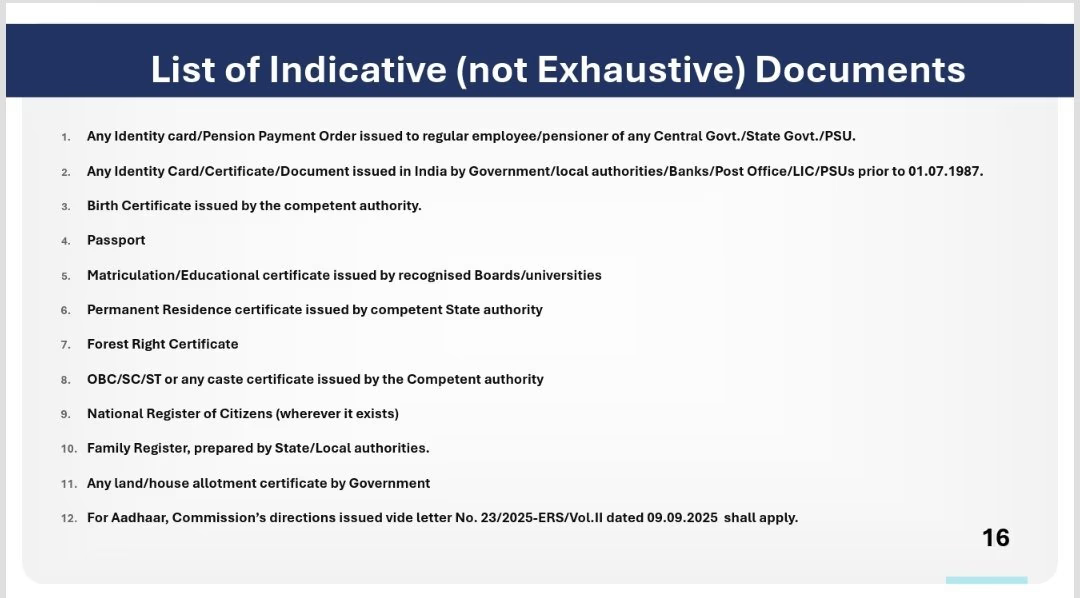
Source: aajtak
In the offline process, your local BLO will visit your home, collecting voter information and providing new forms to those not listed. You can fill and submit these forms onsite. The BLO will collect necessary proofs, such as identity, address, and citizenship documents, for verification.
How to Fill the Online Enumeration Form?
Citizens can also apply online through the National Voter Services Portal at https://voters.eci.gov.in/ or the Voter Helpline App. Log in with your mobile number to fill the form, select “Apply for Voter Registration,” and provide requested details like name, birth date, and address, uploading all requisite documents.
The Chief Election Commission stated that the BLO will visit homes three times, verifying voter information. Online form submission facilities are also available for citizens. During home visits, BLOs will match and link new voters and forward these to ERO and AERO.
BLOs will identify voters listed in multiple locations, those who have permanently moved, or those who have passed away. Officials have been instructed to ensure no eligible voter is excluded and no ineligible person is included in the lists.
Completion of SIR in Bihar
The SIR process for voter registration in Bihar has already been completed. The final list, with approximately 74.2 million names, was published on September 30. Voting in Bihar will take place in two phases on November 6 and 11, with results announced on November 14.
What is SIR?
The Election Commission conducts this revision under the Special Intensive Revision (SIR). SIR is a meticulous process that ensures the voter list is freshly and accurately prepared. Enumerators collect detailed information from home visits, compiling a new list of eligible voters to ensure no eligible citizen is left out and no ineligible person added.
